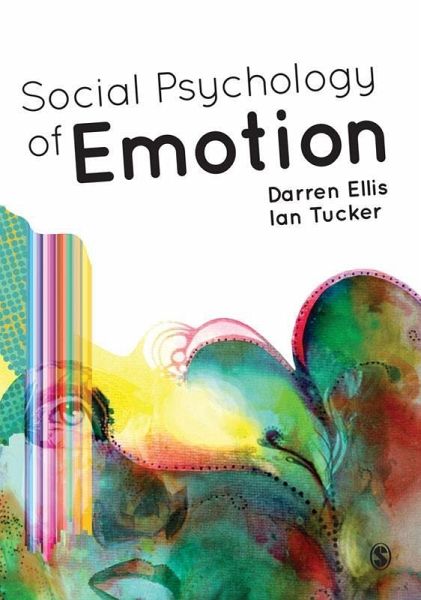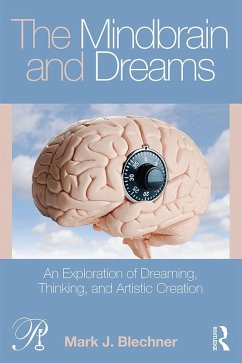
Social Psychology of Emotion (eBook, PDF)
Versandkostenfrei!
Sofort per Download lieferbar
34,95 €
inkl. MwSt.
Weitere Ausgaben:

PAYBACK Punkte
17 °P sammeln!
The study of emotion tends to breach traditional academic boundaries and binary lingustics. It requires multi-modal perspectives and the suspension of dualistic conventions to appreciate its complexity. This book analyses historical, philosophical, psychological, biological, sociological, post-structural, and technological perspectives of emotion that it argues are important for a viable social psychology of emotion. It begins with early ancient philosophical conceptualisations of pathos and ends with analytical discussions of the transmission of affect which permeate the digital revolution. I...
The study of emotion tends to breach traditional academic boundaries and binary lingustics. It requires multi-modal perspectives and the suspension of dualistic conventions to appreciate its complexity.
This book analyses historical, philosophical, psychological, biological, sociological, post-structural, and technological perspectives of emotion that it argues are important for a viable social psychology of emotion. It begins with early ancient philosophical conceptualisations of pathos and ends with analytical discussions of the transmission of affect which permeate the digital revolution.
It is essential reading for upper level students and researchers of emotion in psychology, sociology, psychosocial studies and across the social sciences.
This book analyses historical, philosophical, psychological, biological, sociological, post-structural, and technological perspectives of emotion that it argues are important for a viable social psychology of emotion. It begins with early ancient philosophical conceptualisations of pathos and ends with analytical discussions of the transmission of affect which permeate the digital revolution.
It is essential reading for upper level students and researchers of emotion in psychology, sociology, psychosocial studies and across the social sciences.
Dieser Download kann aus rechtlichen Gründen nur mit Rechnungsadresse in A, D ausgeliefert werden.













